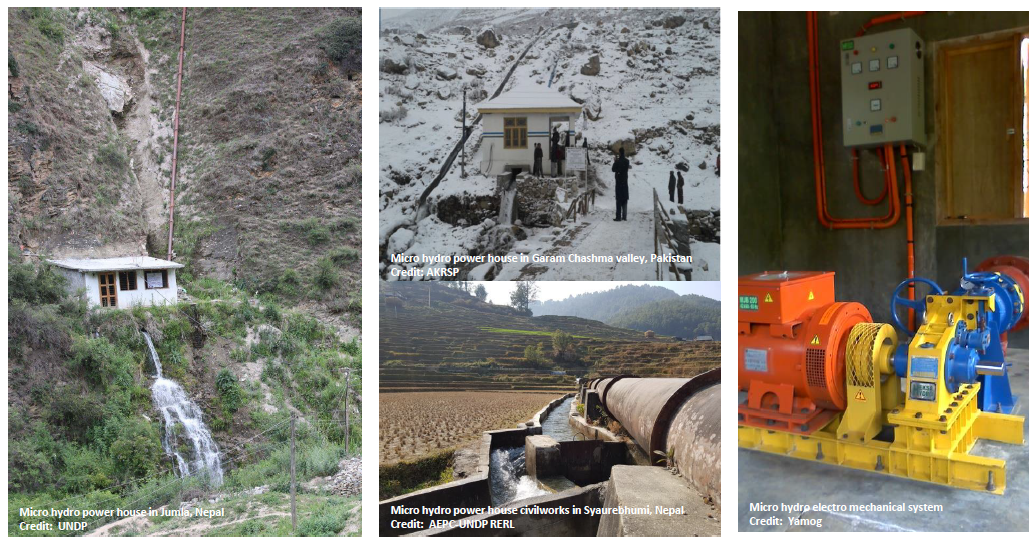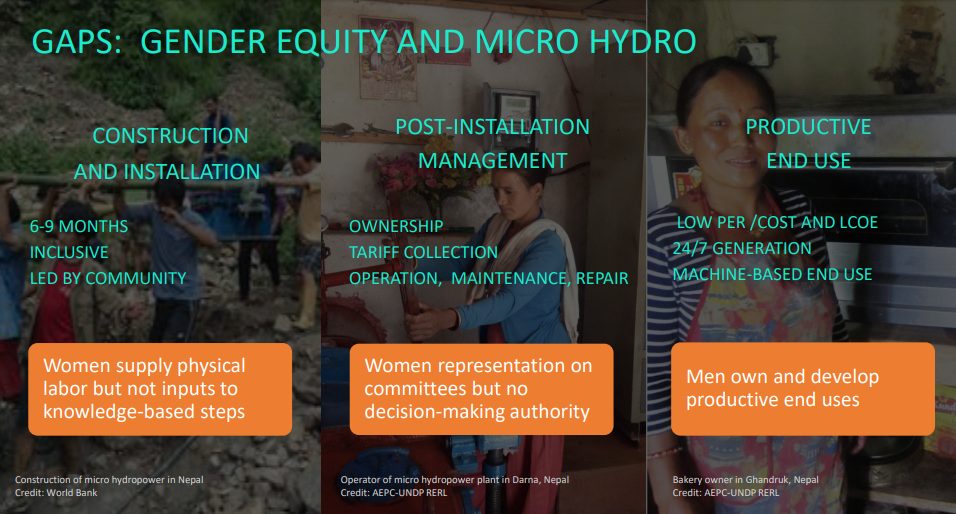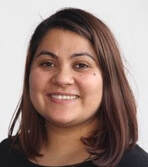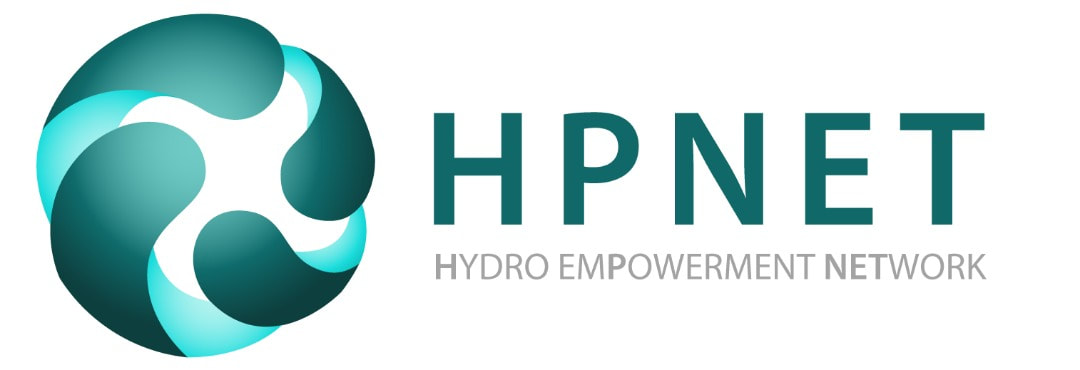Both Nepal and Pakistan have a rich history of MHPs -- with over 3000 projects in Nepal and over 1000 projects in Pakistan. Therefore, the countries make for good cases to look at how we could involve women in the MHPs to not only empower women but also to contribute towards the financial sustainability of the mini-grids.
Looking at the MH projects from a gender lens, we see that women are already involved in energy projects: during the construction phase, they supply the required physical labor and during the post-installation phase, women are represented in the MHP communities but mostly as token women. They oftentimes have no decision-making authority and the productive end use activities are also mostly owned by men. So, it is clear that women are already involved as of now, but the question is how to involve them further so that it benefits the projects financially and also empowers the women. Based on the experiences from Nepal and Pakistan the following ways are proposed.
Women Ownership of the MHP – In Pakistan, women are the shareholders of the MH system. After involving women as shareholders, it was observed that women were more accountable for the MH plant. For example, they would take initiative for the repair and maintenance of the MHP, which was previously lacking. As a board member, they were also involved in tariff setting and paid special attention to making MH tariff affordable for other female entrepreneurs.
Therefore, involving women increases their accountability towards the MHP and also leads to better and more inclusive management – ultimately leading to sustainable MHPs.
Women-Owned Productive End Uses (PEU) - The Government of Nepal provides a subsidy to every female-owned business. This has encouraged women to run their own businesses in Nepal. Currently out of 2500 PEU, 474 are owned by women. Also training such as bookkeeping and management is provided to help them run the business. In Pakistan specific productive end use training is provided to women such as sewing, jam making, milk seller, freezer facilities and carpenter. This helps to boost their confidence as well as their household income.



